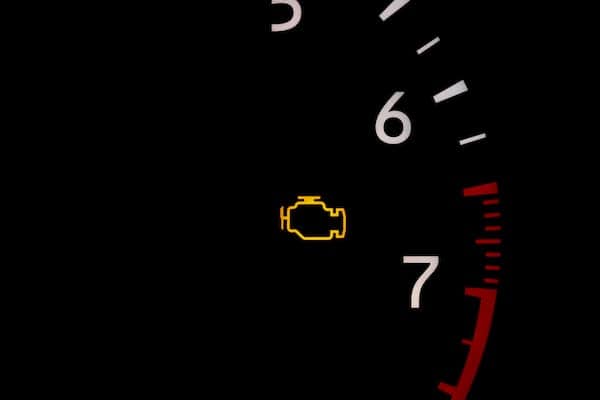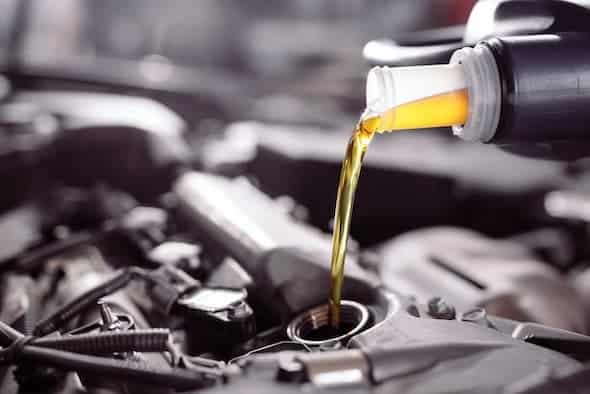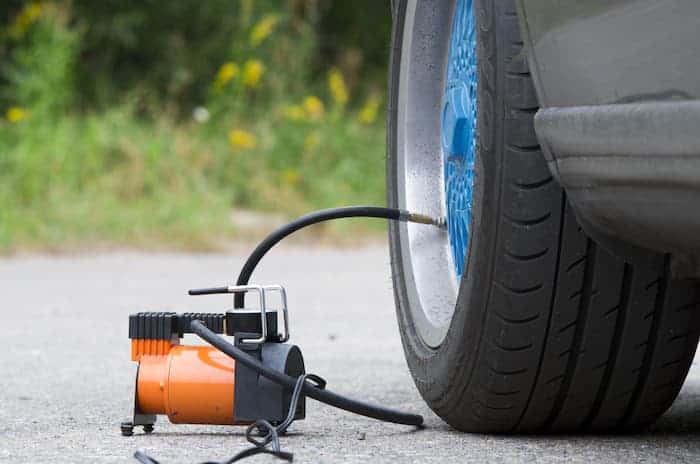The engine light, a beacon of mystery for many drivers, often ignites a flurry of concern. Is it a minor hiccup or a cry for immediate attention? This article delves into the reasons behind this enigmatic signal, offering both DIY advice and a nod to when professional help is needed.
Table of Contents
ToggleUnderstanding the Engine Light
Your car’s engine light, officially known as the Malfunction Indicator Lamp (MIL), is part of the onboard diagnostics system. When it illuminates, it’s signaling that something’s amiss. But what exactly?
Common Causes for the Engine Light Illumination
- Loose Gas Cap: A simple yet common culprit. A loose or damaged gas cap can trigger the light due to fuel vapor leaks.
- Oxygen Sensor Issue: Responsible for monitoring exhaust gases, a faulty sensor can affect fuel economy and emissions.
- Catalytic Converter Failure: Essential for reducing exhaust gases, a failing converter can lead to decreased performance and fuel efficiency.
- Mass Airflow Sensor Malfunction: This sensor measures the amount of air entering the engine, influencing the fuel injection system.
- Spark Plug/Ignition Coil Problems: Issues here can lead to engine misfires and poor performance.
DIY Checks You Can Perform
- Gas Cap Inspection: Ensure it’s tight and undamaged. A simple twist might be all you need.
- Check for Obvious Signs: Unusual noises, smells, or smoke can offer clues.
- Use an OBD-II Scanner: For the tech-savvy, a scanner can provide specific diagnostic codes.
When to Seek Professional Help
- Persistent Light: If the light stays on after your checks, it’s time for a professional diagnosis.
- Flashing Light: A flashing engine light indicates a more serious issue, like a misfire, which can harm your engine.
Preventive Measures
- Regular Maintenance: Follow your car’s maintenance schedule to nip potential issues in the bud.
- Stay Informed: Understanding basic car maintenance can help you spot issues early.
- Fluid Checks: Regularly check your car’s fluids to ensure everything’s running smoothly.
Conclusion
While the engine light can signal anything from a loose gas cap to a serious malfunction, understanding the common causes and knowing when to seek professional help can save you time and trouble. Regular maintenance and being attuned to your car’s needs are your best defenses against unexpected engine light surprises.
Remember, your car’s health is paramount. For more insights into car care, explore topics like how long an oil change takes or the best synthetic motor oil for your vehicle. Stay informed, stay safe, and keep that engine light off!




